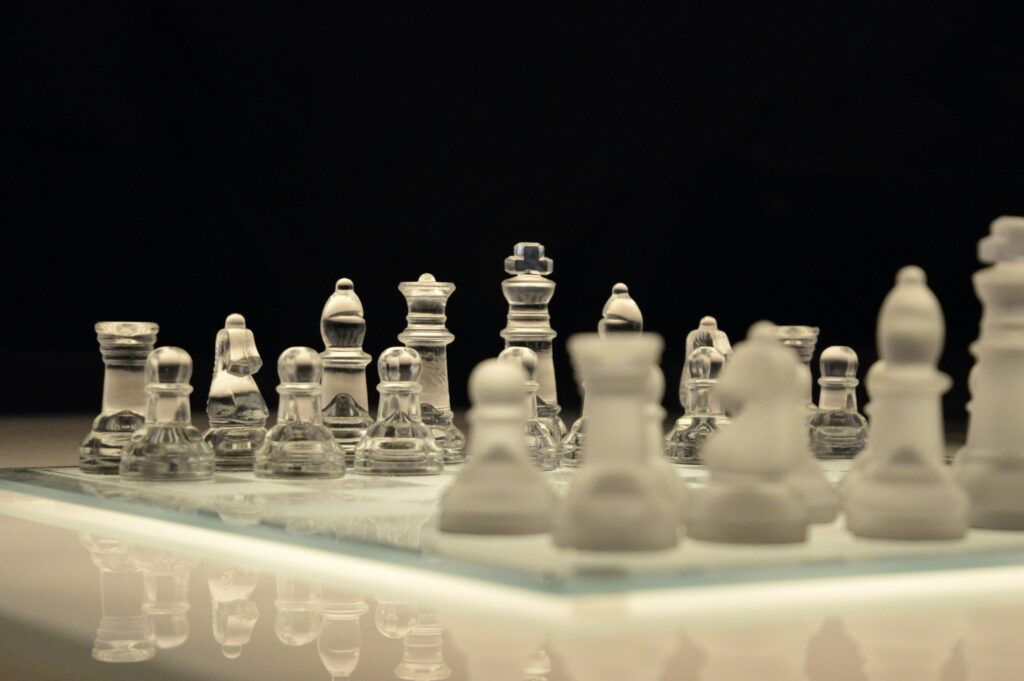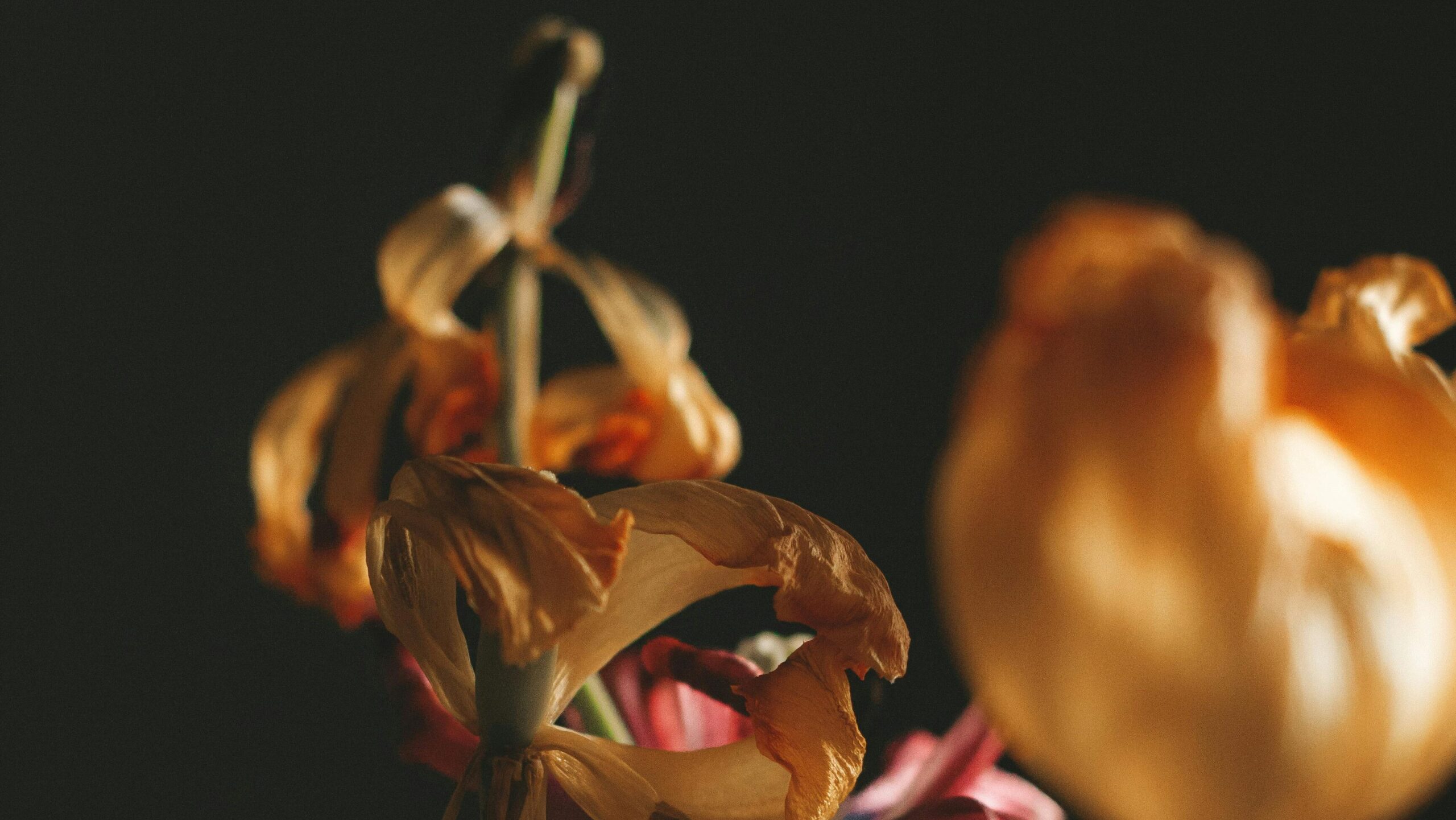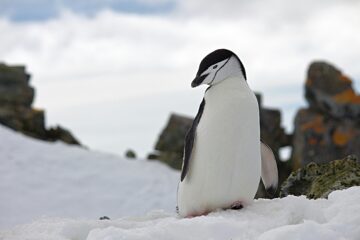The Great Debate: Hobbes vs Rousseau
Imagine two people- let’s call them Tommy & Ricky.
Tommy is convinced that humans are selfish, greedy and will do whatever it takes to survive, even if it means throwing their own grandmother under a bus. He thinks humans are naturally nasty and brutish, and in desperate need of rules to keep them in check. Ricky on the other hand, believes that humans are naturally good. If left to their own devices, people would live in peace, share their cookies and form hippie communes where everyone sings kumbaya.
Turns out Tommy and Ricky are not just two random people. They are actually channeling the thoughts of two of history’s biggest thinkers: Thomas Hobbes and Jean-Jacques Rousseau. Hobbes believed that without a strong authority (a government, a king or at least an angry school principal), society would descend into chaos. Rousseau thought that humans are naturally cooperative and that it’s civilization- hierarchies, laws, taxes and capitalism- that corrupts them.

So, who is right? Are we selfish by nature, only restrained by society or are we generous soul turned bitter by social structures? Let’s find out.
The Science of Human Nature: What modern research says
Fast-forward a few hundred years, and we now have brain scans, psychological experiments and evolutionary theories to settle this debate. Spoiler alert: The answer is not as simple as picking Team Hobbes or Team Rousseau.
1. Babies and the Altruism Test
If you want to know what humans are like in their natural state, look at babies. They have not been corrupted by society yet- no taxes, no traffic jam, no customer service calls to ruin their day. In a fascinating study Yale University’s Infant Cognition Centre (also called the “baby lab”), researchers showed babies puppet shows where one puppet helped another and one puppet acted like jerk. Even at just a few months old, babies overwhelmingly preferred the “good” puppet. They even showed signs of wanting to punish the “bad” puppet. This suggests that a sense of fairness and kindness is built into us from start.
Great news for Team Rousseau! But wait, there’s more.
2. The Dark Side of Babies (Yes, Really)
The same baby lab also found that babies show favoritism. They prefer puppets that resemble themselves or share their tastes (for example, choosing a puppet that also like cheerios over one that likes crackers). And when given the chance they even even support harming the puppet that preferred different snacks. So, while we might be wired for kindness, we’re also wired for tribalism. Babies like fairness, but they also like their own kind more. In other words, we are naturally cooperative – but only with people we see as part of “our group”. This is where Hobbes start grinning.
3, The Ultimatum Game: What would You do?
Let’s say you and a stranger are given $100. The stranger gets to decide how to split the money between you. If you accept the split, you both keep the money. If you reject it, neither of you get anything.
Logically, you should accept even a tiny amount- $1 is better than $0, right? But research shows that, if people are given an unfair split (say, $90 for stranger and $10 for you), they often reject the offer out of pure spite. Why? Because fairness matters more to us than pure self-interest. Again, humans are not purely selfish. But we do get angry when we feel cheated.
We want fairness, but we also punish those who don’t play fair. Sound familiar? It’s basically a mix of Hobbes’s and Rousseau’s ideas- people are cooperative, but also vengeful when wronged.

Evolution’s take: Why we’re both Selfish and Altruistic?
So, why do humans have both selfish and cooperative tendencies? The answer lies in evolution.
- Survival of the Fittest (Selfishness): Our ancestors who fought for resources, protected their own group, and prioritized their survival over strangers were more likely to pass on their genes. This explains why we can be territorial, competitive and sometimes ruthless.
- Survival of the Kindest (Altruism): At the same time, groups that worked together- sharing food, protecting each other from predators and cooperating in hunting- had a much higher chance of survival. This explains why we also have a deep sense of empathy and cooperation
Our brains are wired for both. We can be selfless and kind, but we can also be selfish and aggressive, when needed. It all depends on the context.
What This Means for Society:
If humans are neither purely selfish nor purely altruistic, what does this mean foe the way we structure our world?
RULES ARE NECESSARY: Hobbes was right that humans, when left unchecked can turn selfish. This is why we have laws, social norms and institutions to keep things fair.
BUT SO IS TRUST: Rousseau was right that people are capable of goodness and cooperation. This is why societies that promote trust and fairness (like strong education systems, community building initiatives and social safety nets) tend to be more peaceful.

WE’RE NOT DOOMED (PERFECT): People are not inherently evil, but they aren’t saints either. Instead of seeing human nature as black and white, it’s better to recognize that we are complex creatures- sometimes selfish, sometimes selfless and always influenced by the world around us.
If you look at history, you will find inspiring acts of kindness and horrifying acts of cruelty- often from the same groups of people. We have the potential to be either, and which side wins depends on the system we create, the culture we build and the choices we made. Maybe the real question is not whether humans are selfish or altruistic. Maybe its: Which side of human nature do we want to nurture? The answer to that one is up-to us.
P.S. If you ever found yourself delaying important tasks until the last minute, you might enjoy my deep dive into The Psychology of Procrastination: Why we Delay and How to Stop! – a journey through the battle between motivation and avoidance.
Get the next post in your email.


